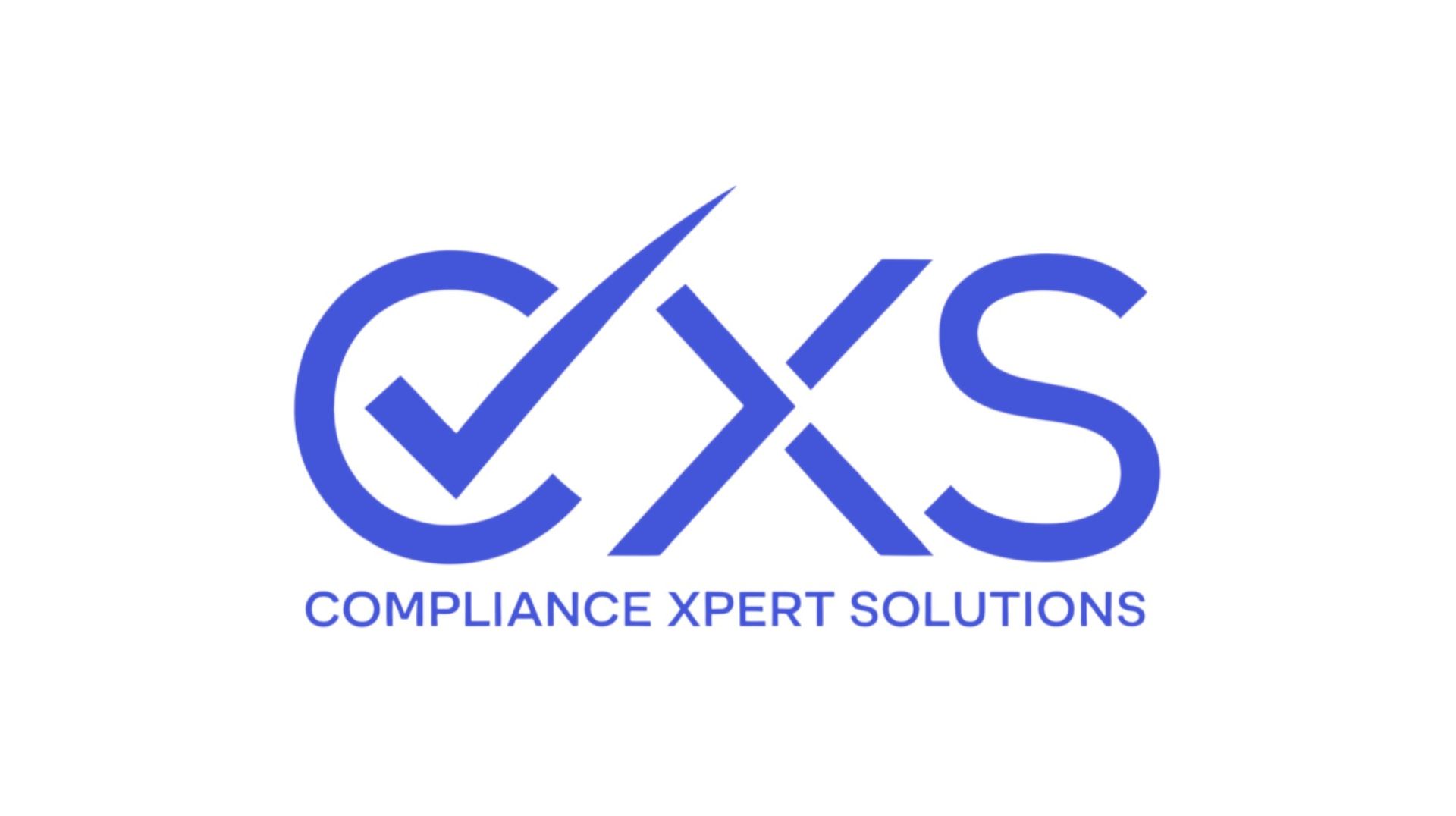Navigating Nutraceutical Regulations in Canada: A Guide for Businesses
Understanding the Basics of Nutraceutical Regulations
For businesses venturing into the nutraceutical market in Canada, understanding the regulatory landscape is crucial. Nutraceuticals, often seen as a bridge between food and pharmaceuticals, include products like dietary supplements, herbal products, and functional foods. In Canada, these products are regulated under the Natural Health Products Regulations, which are part of the Food and Drugs Act. This framework ensures that all products are safe, effective, and high-quality.
The Natural Health Products Regulations require that all nutraceuticals sold in Canada must have a product license. This involves a rigorous review process where businesses must submit evidence supporting the safety and efficacy of their products. It's essential to gather robust scientific data to facilitate a smooth approval process.

Key Steps in the Licensing Process
Obtaining a product license from Health Canada involves several critical steps. Here's a breakdown of what businesses need to do:
- Product Assessment: Conduct a thorough evaluation of the product to ensure that it meets all safety and efficacy standards.
- Gathering Evidence: Collect scientific data and research findings that support the health claims made by the product.
- Filing an Application: Submit a comprehensive application to Health Canada, including all required documentation and data.
- Labeling Compliance: Ensure that all product labels meet the specific requirements set by Health Canada, including ingredient lists and health claims.
Navigating this process can be complex, but it is vital for market entry and consumer trust. Businesses should consider consulting with regulatory experts to streamline their efforts.

Compliance with Labeling and Marketing Regulations
Once a product license is obtained, businesses must adhere to strict labeling requirements. Labels must accurately reflect the product's ingredients and health claims. Misleading labels or unsupported health claims can lead to regulatory action, including fines or product recalls.
Marketing practices also fall under scrutiny. Advertisements should not mislead consumers or make exaggerated claims about the benefits of the product. Transparency and accuracy in marketing not only ensure compliance but also build consumer trust and brand reputation.

Navigating Challenges and Opportunities
The Canadian nutraceutical market offers significant opportunities for growth, but it also presents unique challenges. Staying informed about regulatory changes is crucial, as regulations can evolve based on new scientific discoveries and public health priorities.
Businesses should also be proactive in engaging with industry associations and regulatory bodies to stay ahead of trends and changes in regulations. This engagement helps in advocating for favorable policies and understanding best practices within the industry.
By understanding and navigating these regulations effectively, businesses can not only ensure compliance but also gain a competitive edge in a dynamic market. The key lies in thorough preparation, strategic planning, and consistent adherence to regulatory requirements.
